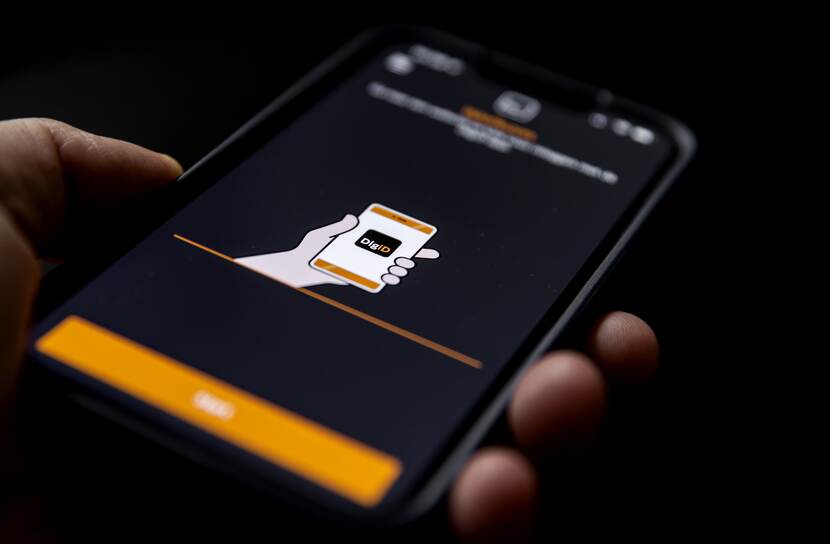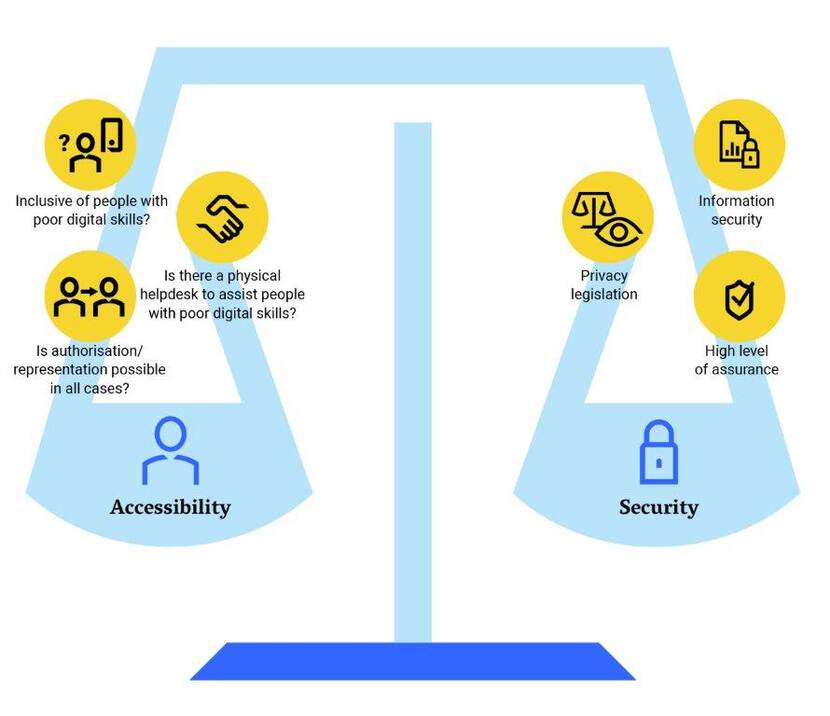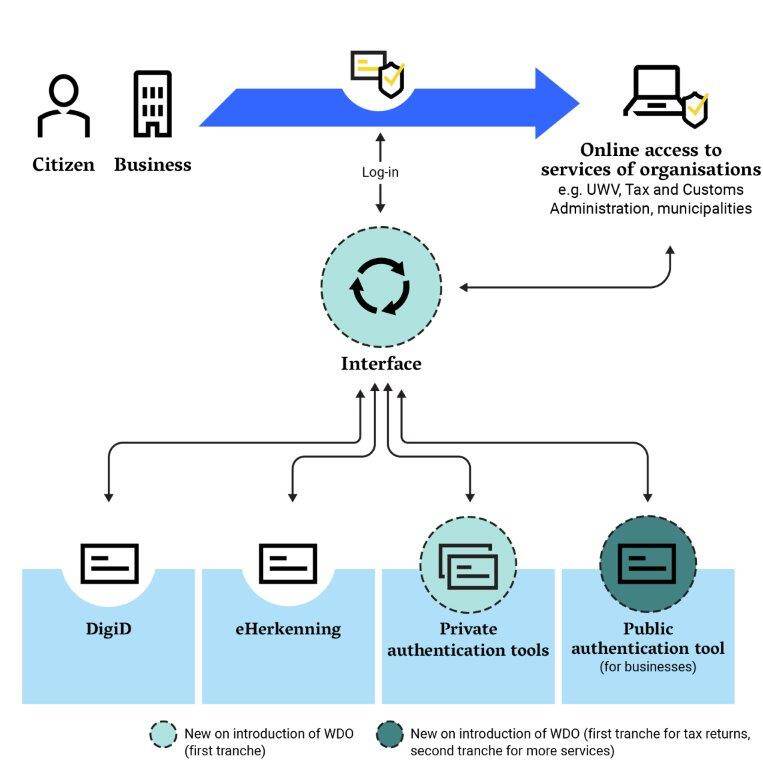Digital identity tool for citizens: goals achieved but still uncertainty about future log-in tools
DigiD and eHerkenning are extremely popular log-in tools for citizens and businesses to access online government services. They produce considerable time savings for society as a whole and have largely met the goals set for them. Public authorities, however, are increasingly opting for stricter (and therefore more complex) security measures for the tools. There is therefore a risk that citizens will have more difficulty accessing government services. Furthermore, the government is not adequately prepared for new forms of digital identification.

DigiD and eHerkenning goals largely met
DigiD and eHerkenning are commonly used by citizens and businesses respectively. Most people in the Netherlands regularly use them to access digital government services. The tools have therefore met their main goals. The benefits of DigiD and eHerkenning – the time savings enjoyed by society at large – weigh up against the costs. A direct comparison, however, is difficult to make.
Danger of citizens being left behind
Organisations such as the Employee Insurance Agency (UWV), the Tax and Customs Administration and municipalities are increasingly setting stricter security measures for digital communication with citizens. This is good for security but there is a risk that people with poor digital skills will have problems. Stricter security usually means more complex ways to log in, such as multi-step verification with a password and a code received via SMS, or a dedicated app on a mobile phone. Not all citizens have the skills necessary to satisfy such security measures. There is a risk that they will not be able to access digital government services at a time when digital access is becoming ever more important.
Balance must be struck between security and accessibility

The government must continuously balance security against accessibility. It should also provide more assistance to citizens with poor digital skills or complex problems. It could, for instance, allow authorisation (see below). Digital Government Information Points (IDOs) could also help improve access. The Netherlands Court of Audit will publish a report on IDOs later this year, on Accountability Day (17 May).
Limited opportunity for authorisation
A fully-fledged authorisation system is not yet in place. It has been a wish since 2013. Citizens can authorise another person for only one service. It is not possible to represent someone for all services. This should be possible for parents with underage children or guardians of people under legal supervision.
Uncertainty about connection to new log-in tools
The digital access system will be changed by the Digital Government Act (WDO). Citizens and businesses will soon be able to log in to government services using other tools than DigiD and eHerkenning. It is not yet known which other tools will be available. Private providers can apply to the government for approval as from mid-2023. At the moment, however, the conditions the government will set on new log-in tools are uncertain.
Introduction of the WDO will change the authentication system

European digital identity and wallet
The EU eIDAS regulation (electronic identification and trust services) includes agreements on the conditions that will apply to digital log-in tools in all member states. New, detailed rules will be introduced next year to allow creation of a wallet, a digital folder containing personal information that citizens and businesses can share with public and private parties. The Dutch government has decided to develop a separate system for the European wallet, and to have DigiD and eHerkenning exist alongside it. However, the ultimate form of the wallet and how it will fit into the existing system are still uncertain.